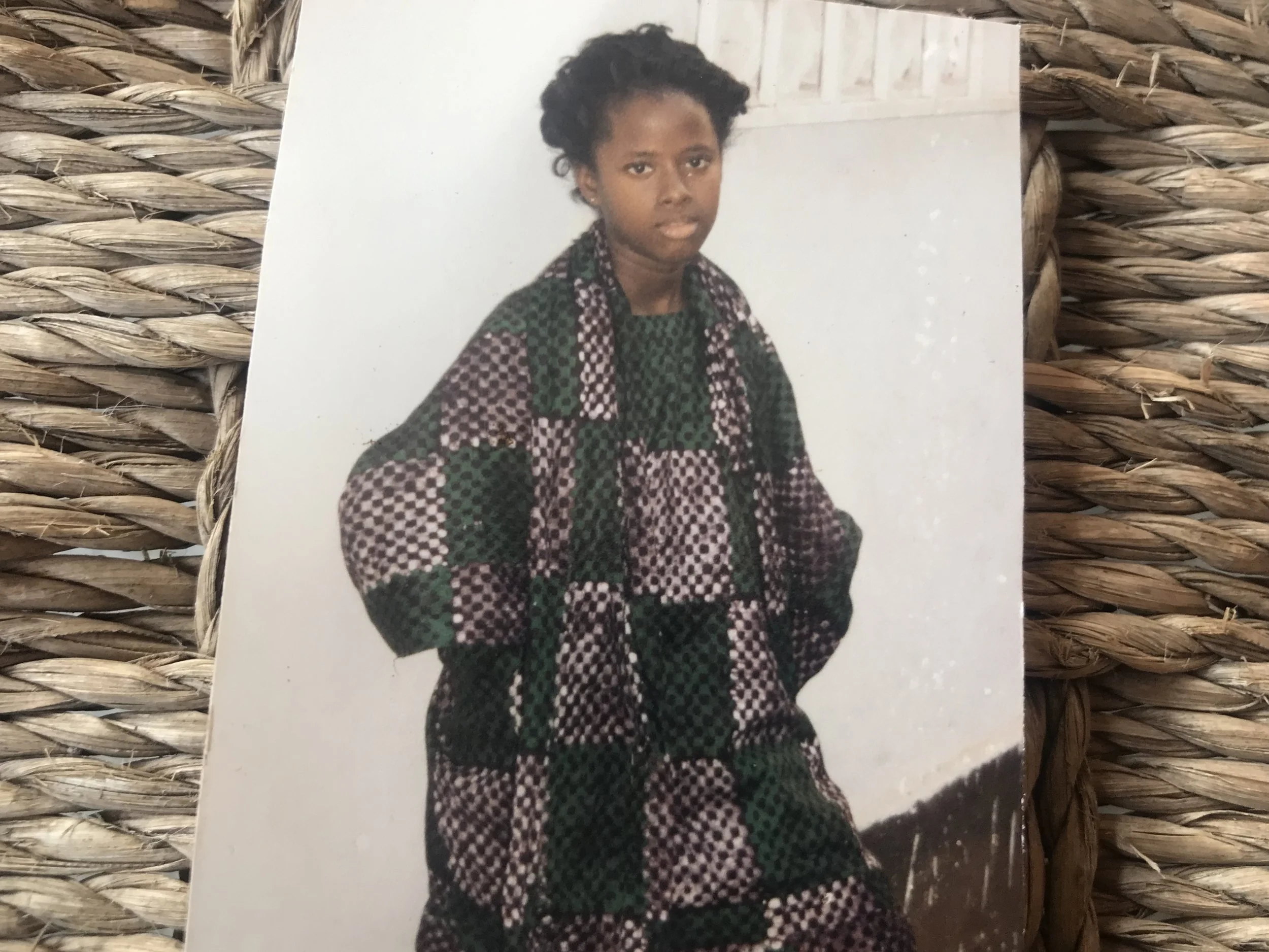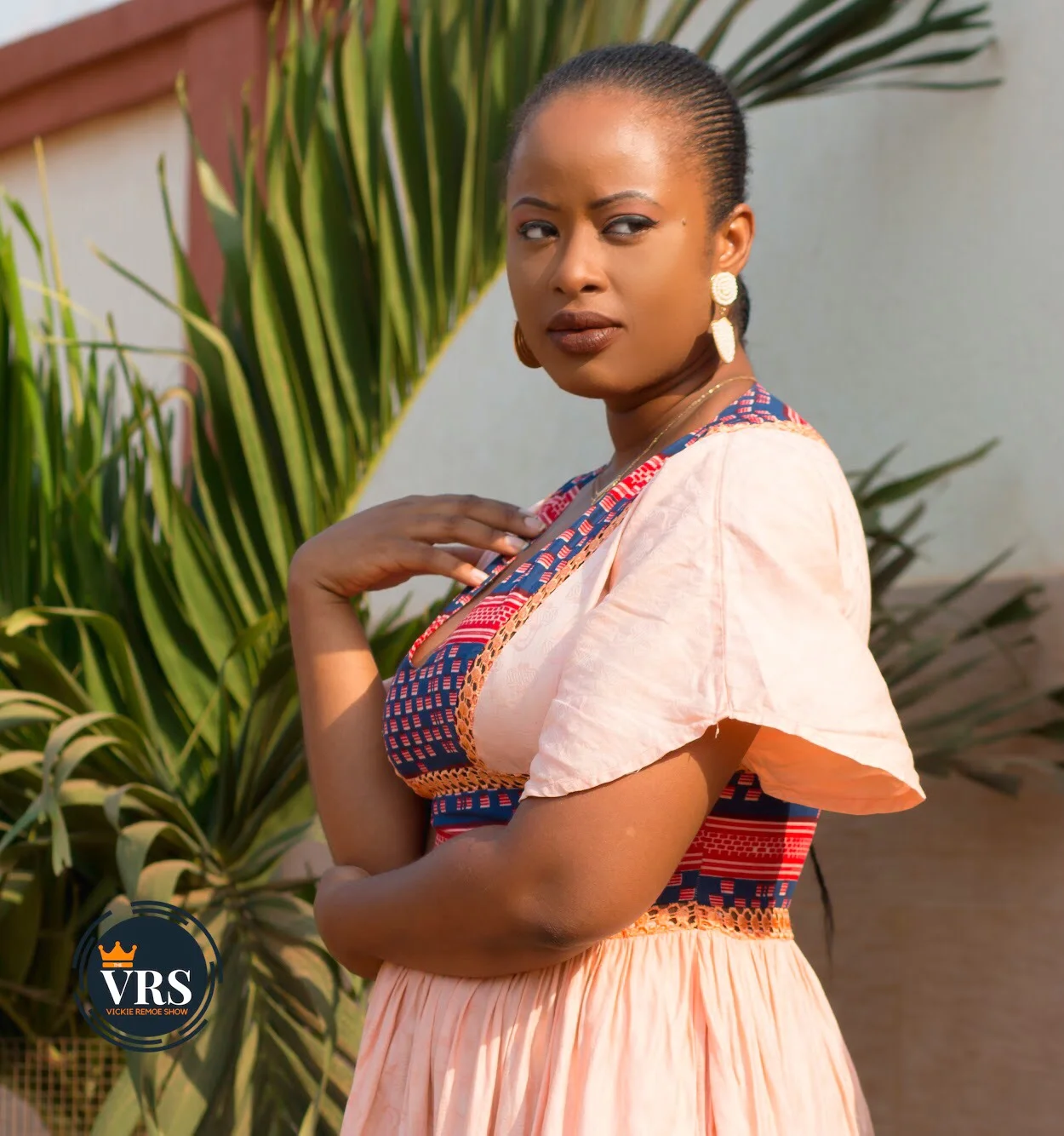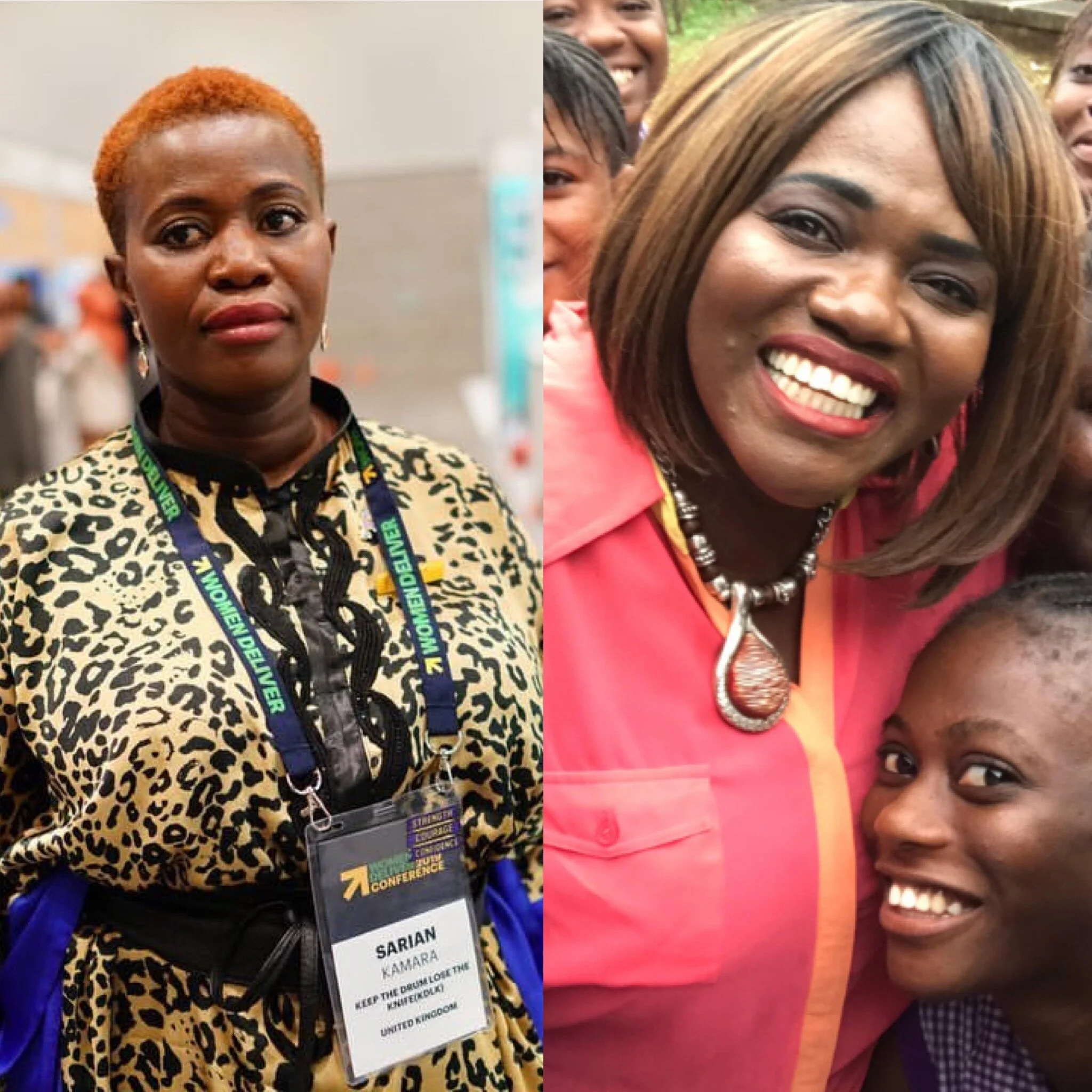Gender equality still just a dream in Sierra Leone, women held down by laws and tradition
When I saw the UN #WomensDay theme, ‘Think Equal, Build Smart, and Innovate for Change’ I felt it was a reach for Sierra Leone. How can we innovate for gender equality and women’s empowerment when access to fundamental rights eludes the majority of our women. How do we use technology to disrupt Sierra Leone’s gender status quo when the majority of our women can’t read or write?
Since Independence Sierra Leonean women have had fewer opportunities, and less education. They have been over-represented in the informal sector, have limited access to information and technology, and they are less likely to own land or a home. And worse yet still only a selected few have had access to power at the traditional and state level.
Sierra Leone, promises equal rights for all regardless of sex in its constitution and signed and committed to the Beijing Declaration and Platform for Action but it has not lived up to its promises of gender parity.
“The equal rights and inherent human dignity of women and men and other
purposes and principles enshrined in the Charter of the United Nations, to
the Universal Declaration of Human Rights and other international human
rights instruments, in particular the Convention on the Elimination of All
Forms of Discrimination against Women and the Convention on the Rights of
the Child, as well as the Declaration on the Elimination of Violence
against Women and the Declaration on the Right to Development;Ensure the full implementation of the human rights of women and of the girl
child as an inalienable, integral and indivisible part of all human rights
and fundamental freedoms” - From the Beijing Declaration
Subsequent leaders have paid lip service to women’s rights but maintained inequality by failing to implement laws that disrupt the patriarchal customs that leave girls and women behind. Former President Koroma promised a 30% quota for women in government but then he changed his mind. However, some progress was made in 2007 with the passing of laws that gave women the right to inheritance, outlawed domestic violence, and increased child protection. Regardless, of these measures inequality still persists, because while they provide legal protection, civic education on women’s rights remain limited especially in rural communities. In addition to this, there are still some customs that are harmful to girls but continue.
Parents can consent for their underage children to marry. However, they don’t do this for their 13 or 16-year-old sons, it is their daughters that they give up for early marriage. In Sierra Leone, 39% of girls are child brides before the age of 18. Instead of protecting girls from early marriage our constitution reinforces the customary rights of parents to consent for their children.
When an underage girl is married, she will have sex with her husband (although the Sexual Offences Act puts the age of consent at 18), ultimately putting her life at risk when she falls pregnant. In 2017 teenage girls accounted for 40% of all maternal deaths in Sierra Leone and yet we continue to marry off girls in the name of tradition.
Jus bicoz na so wi blant do, na so e foh lef, ivin if di tin day kill en pwel wi gyal pikin den?
Women’s access to traditional power is grossly limited although a 2009 Chieftaincy Act was to have given women the right to contest for paramount chief. Sierra Leone is divided into chiefdoms and districts governed by paramount chiefs. Paramount chiefs serve in parliament, but in most of the country, women are not allowed into the chieftaincy. Legislatures created a loophole in the act that would maintain the status quo in those places that already had a history of denying women access to the chieftaincy
“A person is qualified to stand as a candidate in a paramount chieftaincy election where tradition so specifies” - 2009 Chieftaincy Act
It is only in the Southern Province and parts of the East (Kenema District) that women have customarily been allowed to contest for the chieftaincy. In the Northern, and rest of the Eastern Province women are excluded. When Elizabeth Kumba Simbiwa Sorgboh Torto tried to contest for the Paramount Chieftaincy in Kono, Eastern Province, she was told that she was not a member of the poro society (an all male secret society). When she took her case to the High Court, the court threw it out. The Human Rights Commission noted that her supporters were attacked, abused, and intimidated and the police did nothing. Sierra Leoneans only have Madame Yoko, and Ella Koblo as references for women’s traditional power because only women from the South have had the right.
There is no equality when it comes to access to traditional power, and the constitution maintains this. How else will women attain equality if not by law? The 2009 Chieftaincy Act must be amended to guarantee women from the North and East have the same rights as women from the South regardless of what the tradition has been. It is the constitution that must guarantee equal access to power for women and men. And then those laws must be fully enforced fully.
Sierra Leone also fails to protect girls and women from sexual violence, specifically, female genital cutting. The Child Rights Act passed in 2007 intentionally left out a ban on FGM because politicians said it was an election year. Survivors of female genital cutting can suffer from physical and psychological trauma. The worst part about the practice of female genital cutting is that it is done while girls are very young, 40% are cut between ages 10-14 in life-threatening conditions. All this happens in the name of culture. The government despite being a signatory to many treaties and charters that call for the abolishment of harmful cultural practices allows the cutting of girls to continue.
So how do we innovate for gender equality in a country still very much governed by customs that say girls and women are not equal to boys and men?
First off women need to understand their experiences are gendered and unequal.
“If yu poh, yu noh get, yu day beyen, yu noh day rich yu potential, no say society get big pat pan dat, no to fool yu fool. Na do den do yu”
There are customary and structural powers at work that keep women poor, uneducated, underemployed, and powerless. If you're one of the few high achieving women in our society, the one-percenters, then you're lucky, but all of us need to be aware that our country gives all women less. And when we are silent about the lack of representation and opportunity for all women, we become complicit in our own oppression. We must think equal, believe in equality, and demand exclusivity at all times.
We must innovate for change, and in the case of Sierra Leone, that means speaking up for equal rights for women. Too many men in the room? From the paramount chieftaincy to State House, to our colleges, and workplaces women need to think equal and demand to always be at the table.
”Ow dis tin go wok foh all man en uman benefit, if uman den noh involve day?”
Women must use their voices to call out, use our right to assemble and protest against the government; the legislature, executive, and the judiciary, when they fail to keep the constitution’s promise of gender equality.
Women must challenge and disrupt gender norms that try to limit what we can do. When they say you shouldn't because you're a woman, you do it anyway. In the face of inequality, women can build smart by forming partnerships to collaborate with other women pressing for progress. Women must be the drivers of social change; develop solutions and businesses that can empower and uplift other women. The more women we, the stronger our capacity to balance better.
Finally, Sierra Leonean women must tell their stories; the bad to demonstrate how the government and society holds us back, and the good to show how in spite of the barriers women build smart by creating new spaces to occupy in society.
On this Women's Day, women in Sierra Leone women must know that they have a right to equality, and they have a right to be more, to have more, and to do more than our country allows us to. Women also must demand that the government makes good on the promise of equality espoused in the Constitution.
#DearPresidentBio what good is human capacity development if the structures that leave women behind are left in place?





